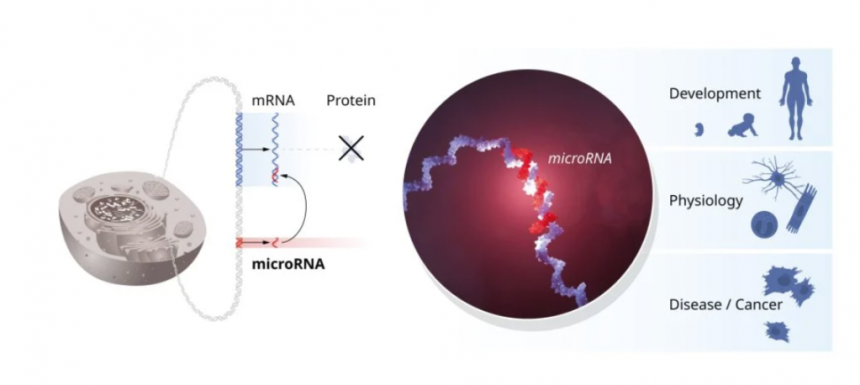This year, the Nobel Prize in medicine was awarded to Victor Ambros, a Professor of Natural Science at the University of Massachusetts Medical School, and Gary Ruvkun, a Professor of Genetics at Harvard Medical School. Their groundbreaking discovery of microRNA sheds light on the intricate process of gene regulation in different cell types, offering insights into how cells differentiate and function. MicroRNAs, tiny RNA molecules, play a crucial role in inhibiting the production of specific proteins, contributing to the development and functioning of organisms, including humans. The implications of microRNA extend to conditions like cancer and congenital disorders. The research conducted on the roundworm, C. elegans, paved the way for understanding the significance of microRNA in gene regulation.

For more information on microRNA and the latest developments in this field, explore the work of Nobel laureates Ambros and Ruvken.
. If the provided article seems to be shorter than 200 characters or simply an author introduction, here is a generated article using the title: “What is microRNA and why did its discovery merit this year’s Nobel Prize for Medicine? – Healthcare Economist”





